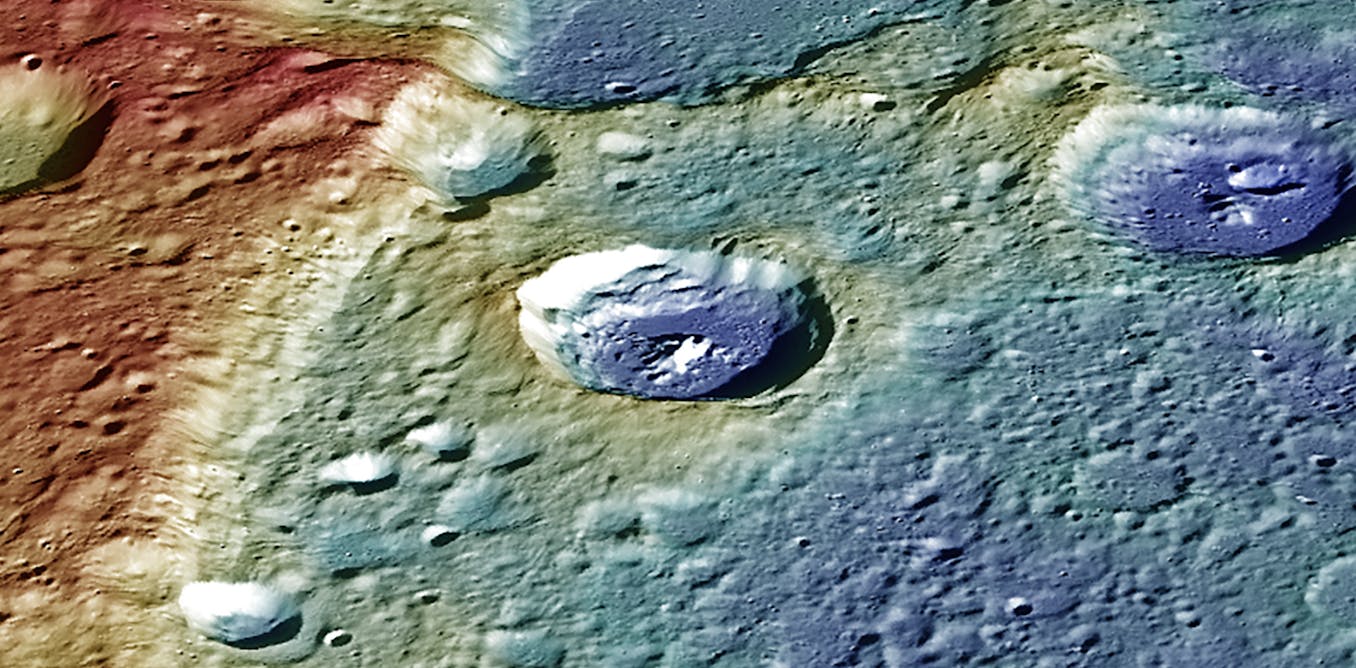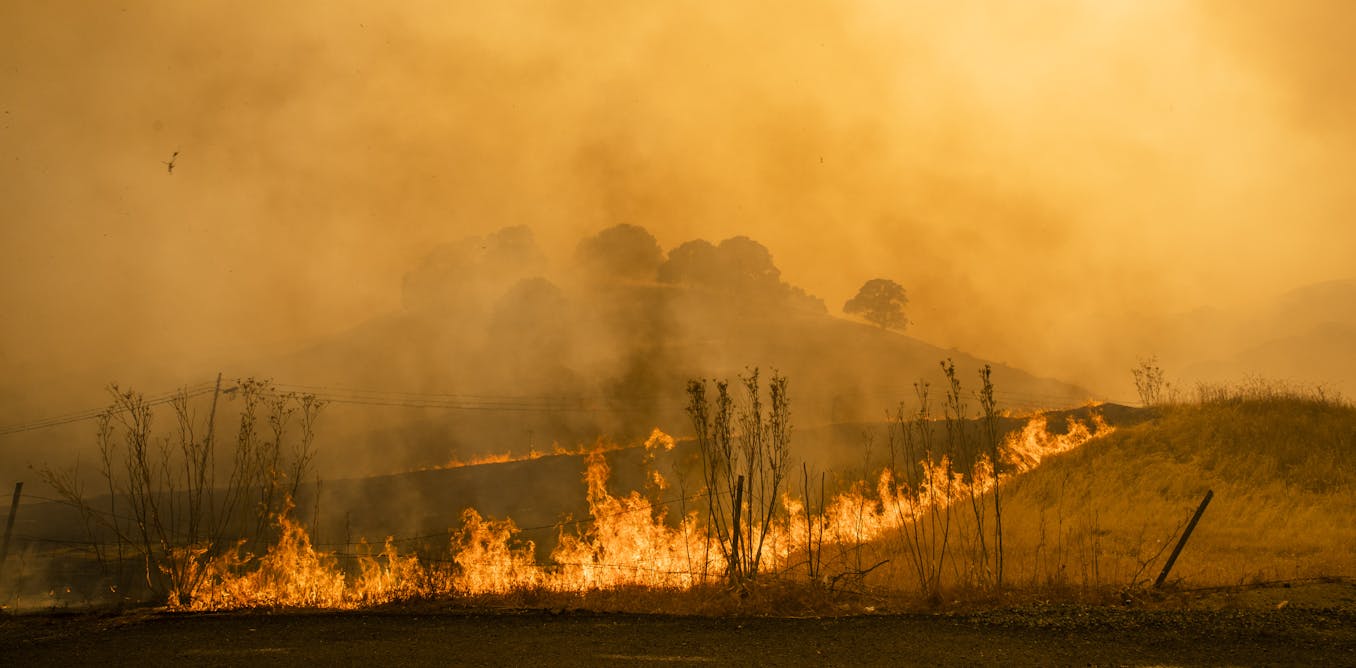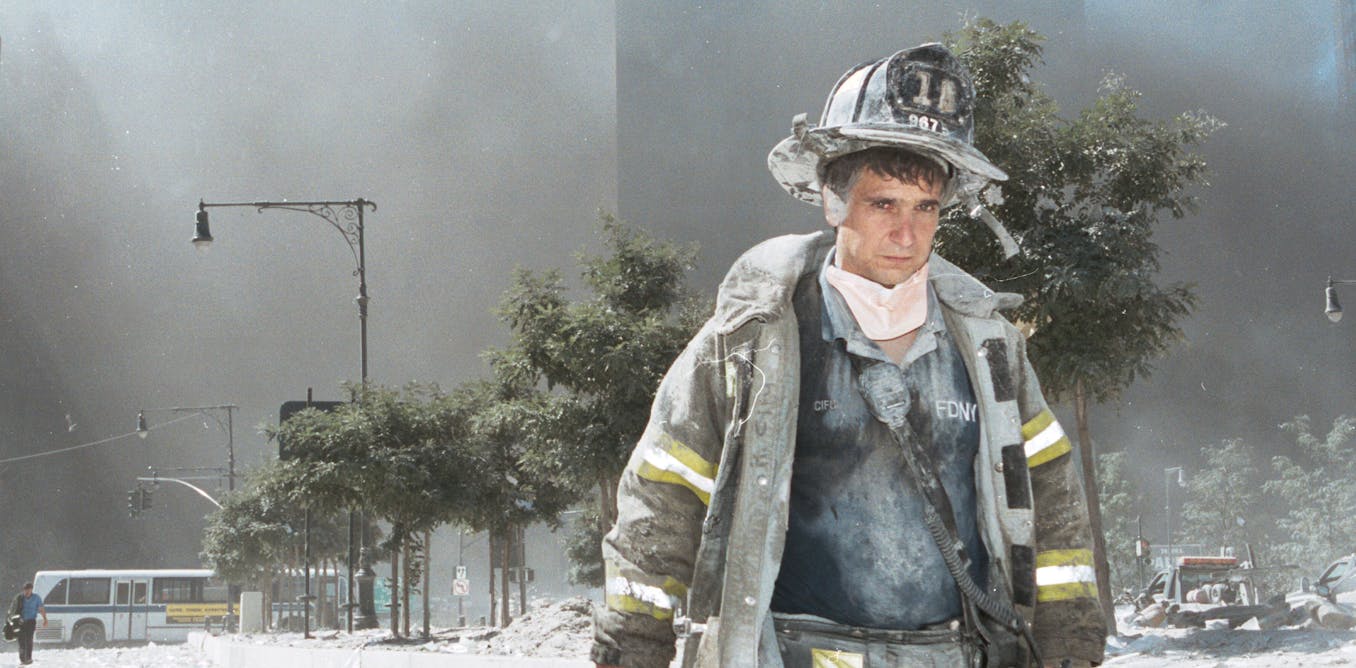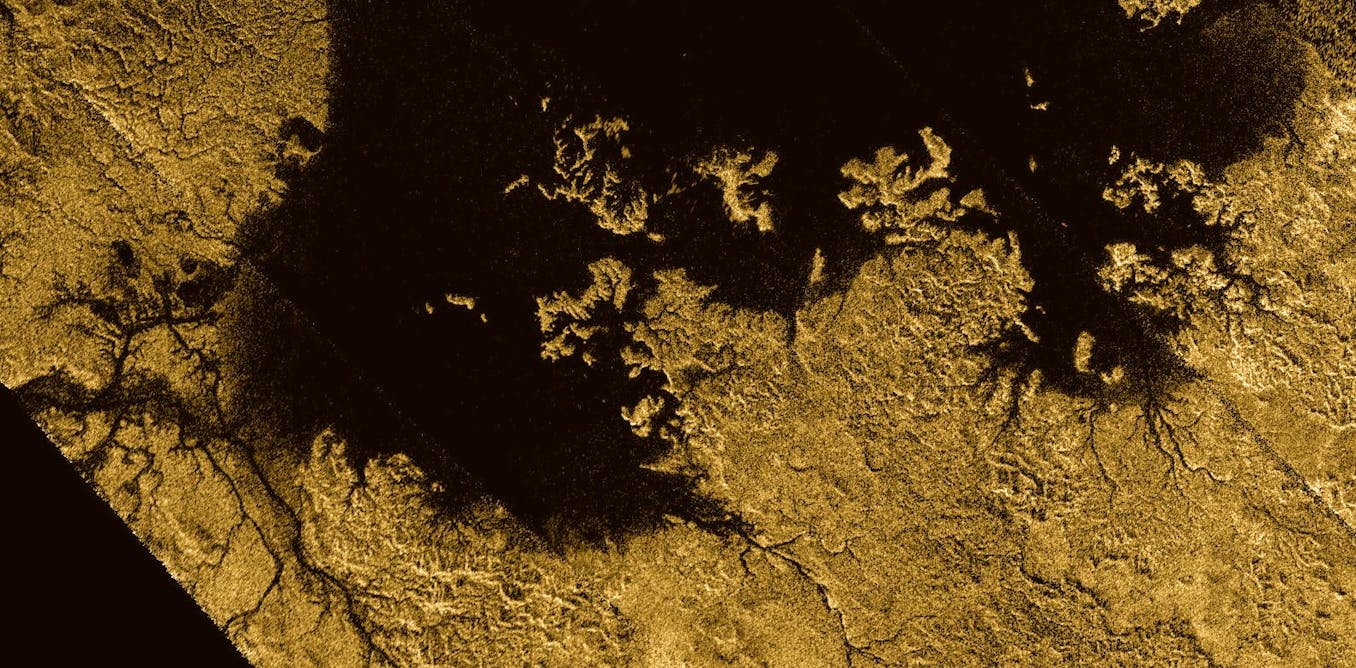Scientists have been researching superconductors for over a century, but they have yet to find one that works at room temperature − 3 essential reads
Claims about the discovery of a coveted room-temperature superconductor peppered the news in 2023. We pulled three stories from our archives on what superconductivity is and why scientists study it.
Dec. 5, 2023 • ~7 min









